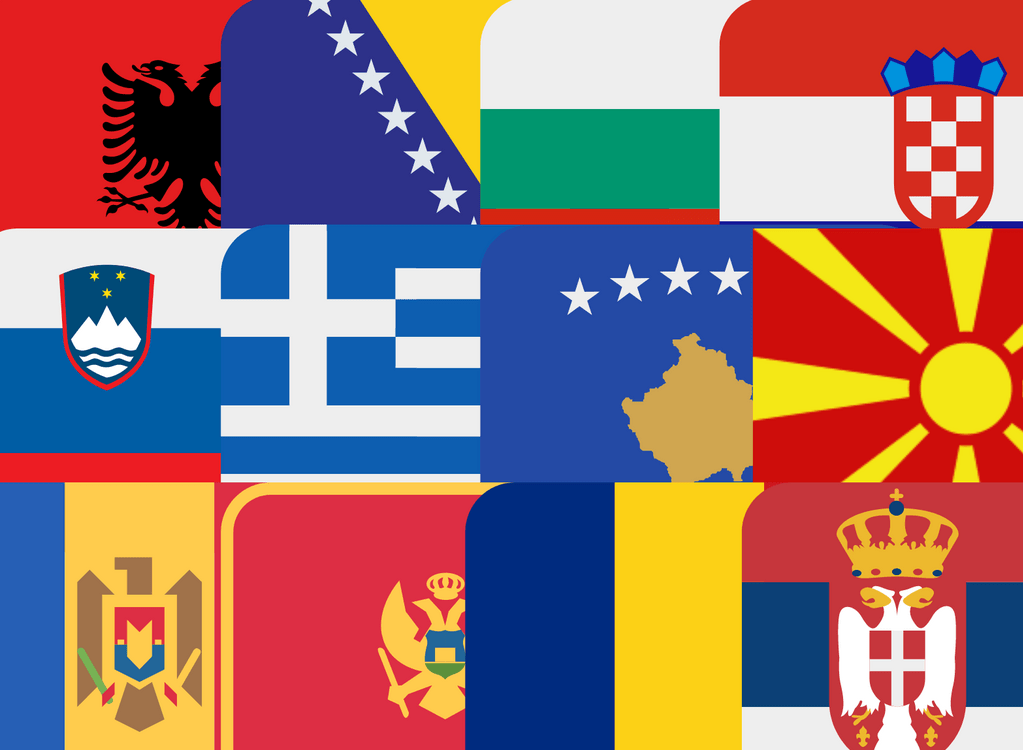A wave of protests demanding more democracy and less neoliberalism runs the former Yugoslavia. For ripple effect could extend to anything that was the Warsaw Pact. The last decades have been frustrating
Although rarely gratifying daring with the film adaptation of a novel, I think in the case of the Oscar-winning director Cirkus Columbia Danis Tanovic’s worth the effort. Not only recommend watching the film, but also read the novel by journalist Ivica Djikic in which it is based. Not so much because of judging whether the director has been faithful to the spirit of the novel, but because both the novel and the film are excellent and complement an accurate view of the causes of the collapse of the former Yugoslavia.
Romania, Albania, Croatia, Bosnia and Serbia are undergoing a hotbed of student protests The new generations are looking for a real democracy in their own countries and across Europe
The novel Cirkus Columbia is a corrosive and harsh satire of suicidal nationalism in the Balkans during the nineties of last century, despite or because of very black humor so characteristic of the area. Through the characters of different ages, nationalities and social strata are witnessing the collapse of the Yugoslav society. Those who opted for emigration and did not return to their country, and if we did not recognize. Djikic leaves no stone cold and from his experience as a journalist with her sharp scalpel dissects society exyugoslava from a small provincial town in Herzegovina, airing all their shame and all its crimes. Although critics have been influenced by Fellini and Kusturica’s novel, the influence of Central European authors as Odon von Horvath is much more evident.
For its part, the film goes to the “Speak, Memory” that activates many stories. I mean, although this largely ignores and in some degree of satire, black humor, even violence, and omitted the fierce criticism of the nefarious role of the media, politicians and the military when he describes the months preceding the war in a region of Bosnian Croat majority, does yield in the end, and I think rightly, some hope to his younger players: the young generation who inherited the war from their parents and grandparents who had to emigrate found some redemption in love.
Danis Tanovic said to read Cirkus Columbia was like traveling in the years before the outbreak of war. The characters in the novel and the film also, naively believe that war is not possible in a society where they have lived for many years. Nobody can explain how, even denying the reality of a country preparing for war and the danger is imminent are very human reactions, any Tom, Dick became a murderer.
With the fall of communism in Eastern Europe stood on the edge while the civilized world looked away. Yugoslavia was launched into the void, and the news we now come to a trickle, it seems to continue plunging. However, many people faced and fought the violence that struck the region in the nineties of last century, including Djikic and Tanovic, first as a journalist from the weekly Feral Tribune, scourge of Croatian and Serbian nationalism, andsecond shooting war during the siege of Sarajevo. Somehow both are yugonostálgicos, but not politically, but because their memories before the war, his childhood and youth, which are all that saved before the Apocalypse. Cirkus Columbia, the film becomes a tribute to that lost childhood and youth.
All this comes about because for years the limited news coming from the Balkans, and particularly from the former Yugoslavia, are related to attacks, mafia, arresting war criminals, corruption, drug trafficking and people, and so on. A ray of light is contributed from these pages, and following the arrest of war criminal Ratko Mladic, Andrea Rizzi, who sent a dispatch from Belgrade, underscoring the fact that new generations turn their backs Serbia over Mladic and look to Europe .
However, the press has barely been echoed in recent months, the Balkans has been a hotbed of student protests and citizen, which would certainly tie in with the Arab revolution and the protests of outraged Spanish. Last May was held in the Croatian capital, Zagreb, the liberation struggles New international meeting, which was attended by celebrity activists like Toni Negri, Zygmunt Bauman and Slavoj Zizek. In the Balkans, as here, young people are tired of political and social model that results in mistakes of the past and basically demand a real democracy and participatory, ensuring quality public services and more control over economic and financial powers.
